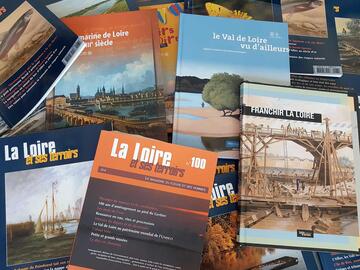4 and 5 February 2010 saw the launch of a series of workshops seeking to capitalise on and diffuse knowledge acquired over the past few years on the human and natural environment of the Nam Khan Valley and the complex socio-ecological dynamics of its ecosystem.
February's first workshop aimed to
develop a common vision of changes in the development and
conservation sector with regard to a catchment basin. Following
this initial session, results of the theme-based workshops will be
synthesised and the main lessons to be learned with regard to
policy dialogue will be pinpointed collectively with a view to
renewing management prospects for the valley.
Simon Hardy, Rivers and Heritage assistant at the Mission
Val de Loire, helped organise the workshop as part of his
mission to assess the "
Loire-Niger-Mekong
Rivers to Rivers cooperation project (Ministry of Foreign
Affairs / Mission Val de Loire) incorporated in the "Nam Khan
Eco-valley programme" (Région Centre / Luang Prabang Province
co-project).
The workshop brought together a full array of partners
involved in the project (IRD, National University of Laos, WAO, and
Volontaires du Progrès de la Région Centre), along with
international experts and Laotian officials.
Guillaume Delaunay, head of the biodiversity mission at the
Loire-Anjou-Touraine Regional Nature Park presented the
RNP tool and its use in Val-de-Loire to the Laotian
officials.
The Nam Khan Eco-Valley programme
The Nam Khan Eco-valley programme started in 2004, its main
objective being to
ensure the preservation and good management of the Nam Khan
catchment basin's natural and cultural heritage. Following the
same initiative as the listing of Luang Prabang as a World Heritage
site, so preserving the town against the rising tide of urban
development, the Eco-valley programme supports local and
international efforts to ensure integrated management of cultural
and natural resources.
Territorial management and preservation of the heritage of fluvial corridors

